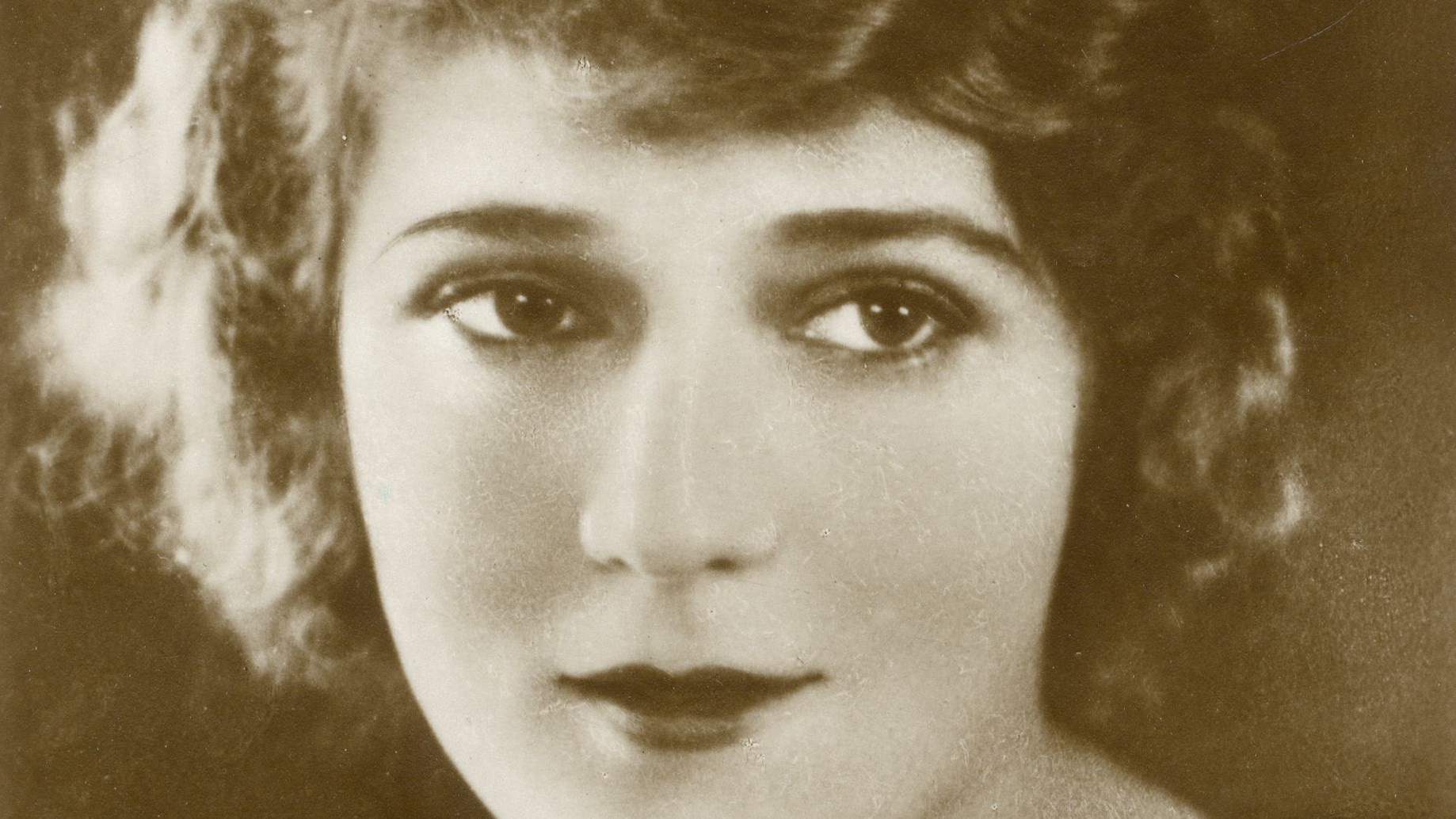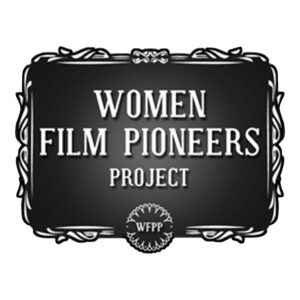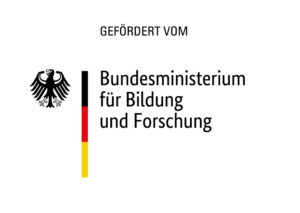Making Women Visible in Film History

DFF collaborates with the University of Marburg
BMBF Research Group: Aesthetics of Access. Visualizing Research Data on Women in Film History (DAVIF)
Until recently, the conventional wisdom in film studies was that women played a subordinate role in the early years of filmmaking. Despite the countless women who have been essential to the film industry since its inception, “women’s work” was dismissed as menial labor, if it was considered at all. Throughout the world, women have worked not only as actresses in front of the camera, but also behind the scenes, as secretaries, editors, scriptwriters, producers, hand colorers, costume designers, operators, and directors, among other indispensable jobs. And yet, even today, the contributions of women continue to be relegated to footnotes or text boxes. This exclusion stems from a lack of historical sources as well as from particular research interests and concepts of film and history.
The BMBF research group “Aesthetics of Access. Data visualizations in digital film historiography using the example of research on women in early cinema (DAVIF)”, headed by Dr. Sarah-Mai Dang, has now taken up the topic.
The aim of the DAVIF project at Philipps-Universität Marburg is to use data visualizations to explore how digital technologies shape our understanding of film history and what potential digital tools and methods hold for presenting and communicating research. The focus is on research on women in early film history.
Thus, DAVIF is a project which takes a database, i.e. filmportal.de, which is run by the DFF, as a basis for analyzing certain data and thinking about how to present this data visually in order to increase the visibility of women in early film history.
The research group cooperates on the project with the Women Film Pioneers Project at Columbia University, New York City, and the DFF – Deutsches Filminstitut & Filmmuseum, whose datasets on the largest German film platform, filmportal.de, are the basis and subject of the project. The technical support for the project is provided by the Graphics and Multimedia group of the Philipps-Universität Marburg. The project is funded by the German Federal Ministry of Education and Research (BMBF) within the framework of the “Richtlinie zur Förderung von Forschungs- und Entwicklungsvorhaben zur theoretischen, methodischen und technischen Weiterentwicklung der digitalen Humanwissenschaften” (Guidelines for the Funding of Research and Development Projects for the Theoretical, Methodological and Technical Advancement of the Digital Humanities).
The aim of the research group is to focus on the diverse influence of women and to reflect on film history in its complexity. Methodological and epistemological issues are closely linked. It is not only a question of telling different stories, but of telling stories differently. Given the increasing production and use of research data, data visualization is a central point of reference for the project, both theoretically and practically.
With a focus on film and media studies, the research group aims to make a pioneering contribution to the development of digital tools, methods, theories and questions in the international context of media studies and related disciplines. In addition, the project aims to promote critical discourse on knowledge production, research data management, and open science in the digital humanities.

Project Duration
April 2021 – March 2025
Contact
Tel.: +49 (0)6421-28-24667
More about DAVIF in the DFF podcast “Alles ist Film”:
In collaboration with





